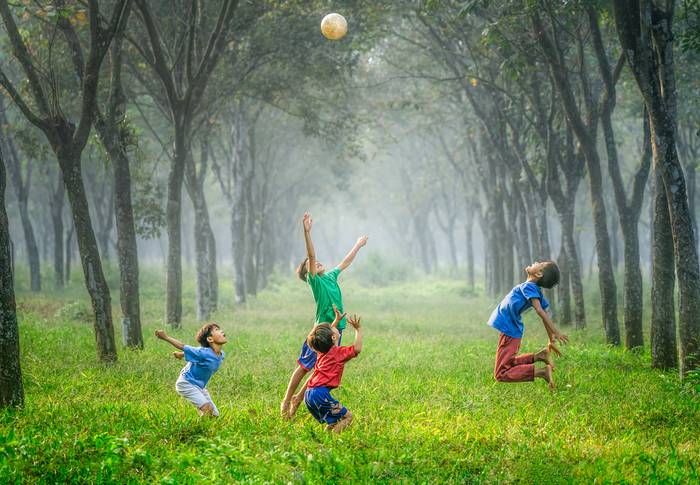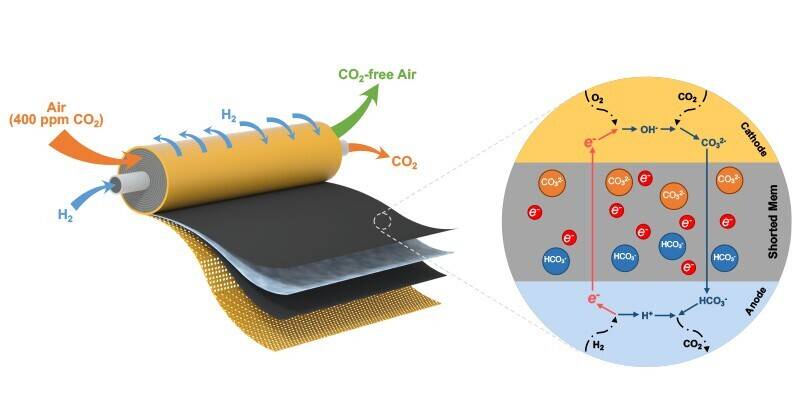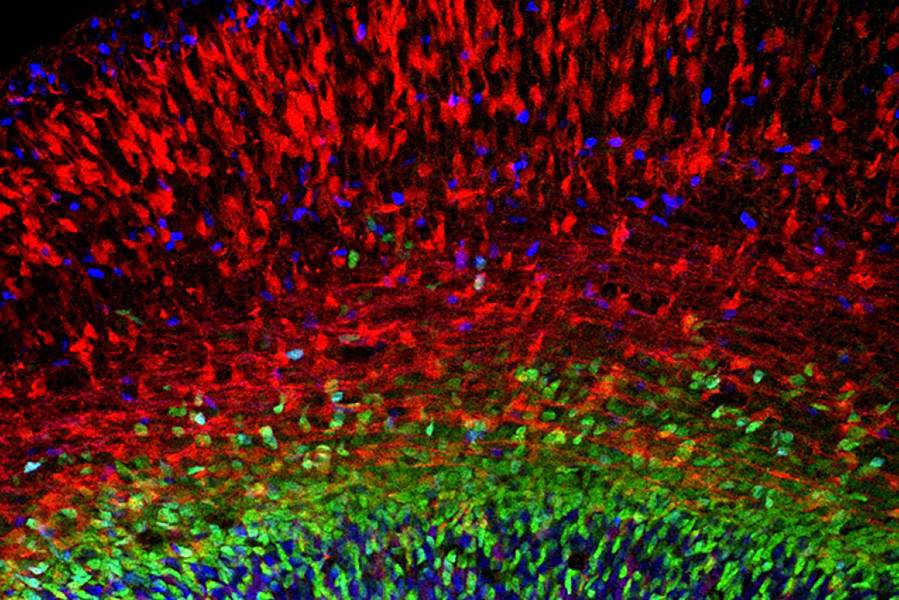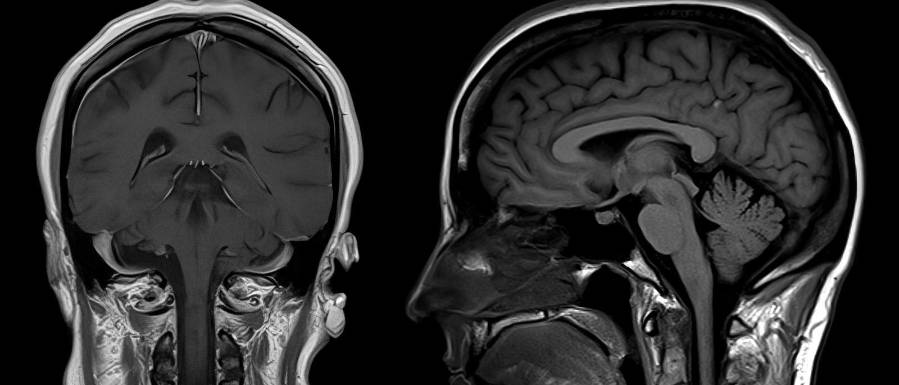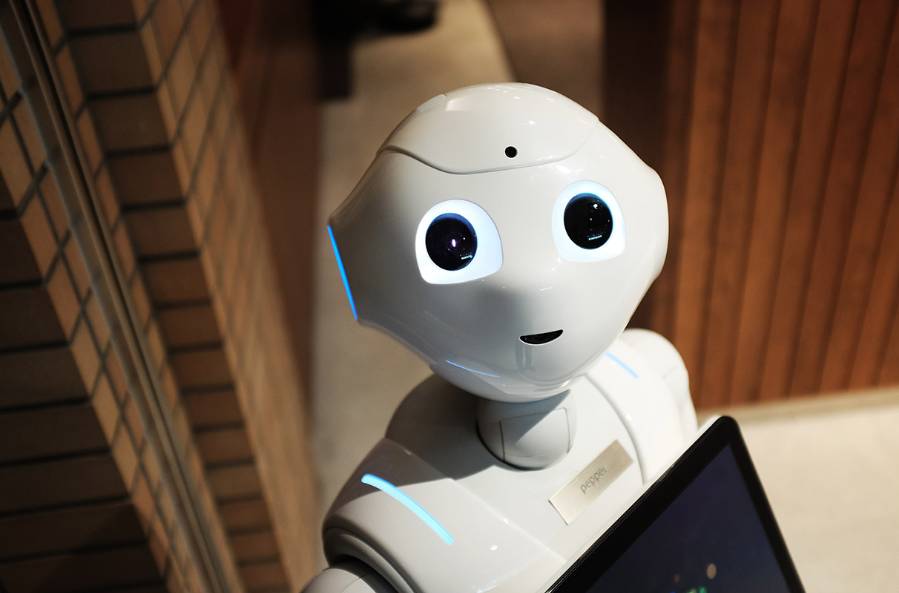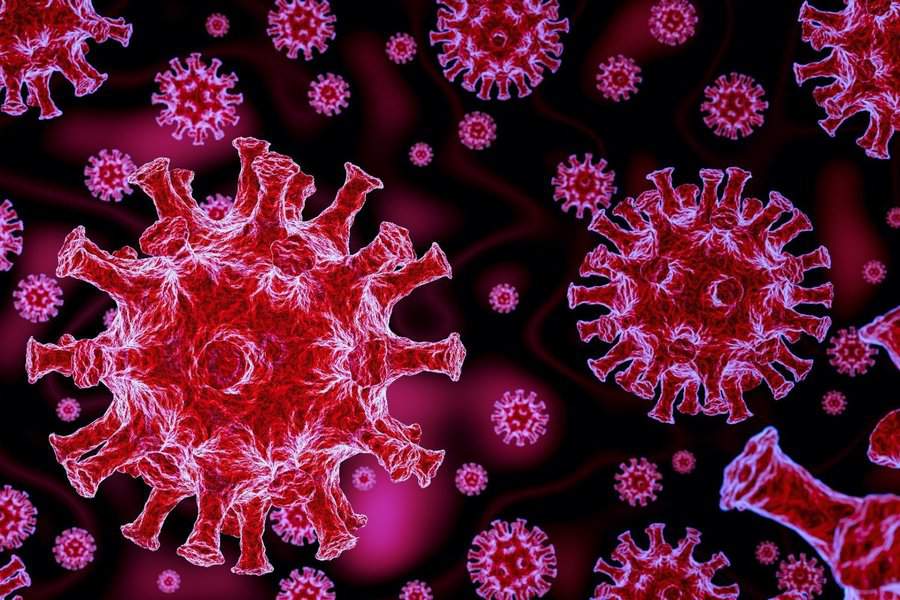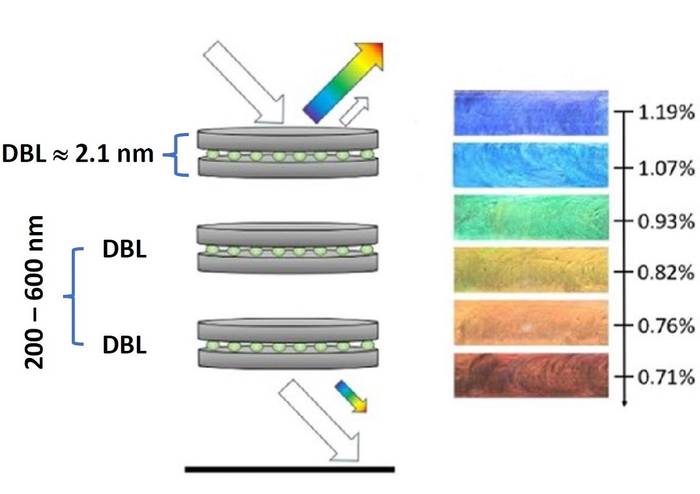A person’s appreciation of nature and their tendency to visit natural spaces are heritable characteristics, according to a large-scale study of UK twins led by Chia-chen Chang at the National University of Singapore, publishing February 3rd in the open-access journal PLOS Biology. Researchers surveyed 1153 pairs of twins on the TwinsUK registry about how they experience nature, […]
Read More